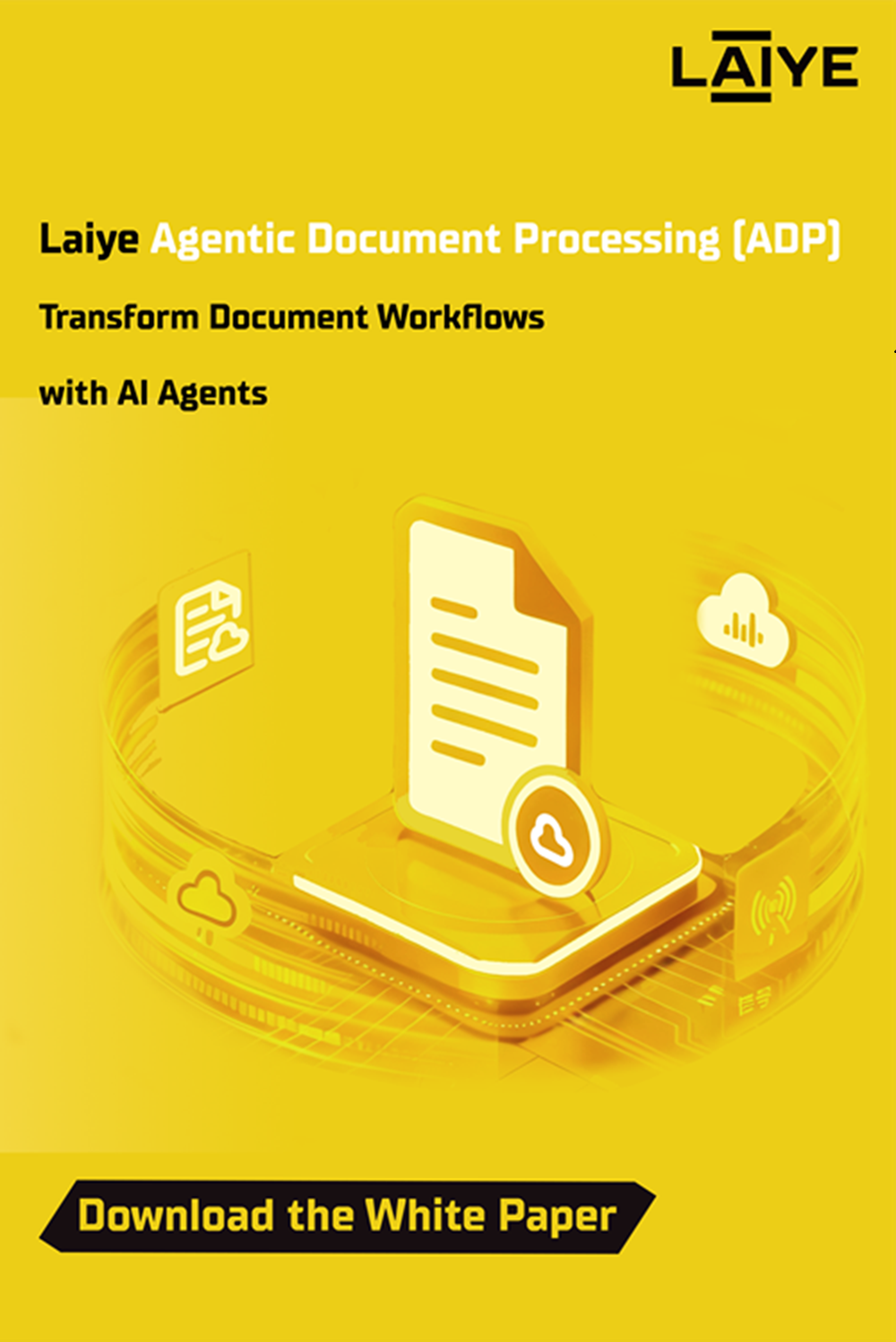Global Work Evolution Guide
Laiye, a pioneer in the Work Execution System category, currently serving one in five Fortune 500 companies, today unveiled global independent research into ‘white collar’ office work. The study surveyed 1,300 respondents across four continents, revealing the negative effects of today’s work processes on workers and businesses, known as the Work Execution Gap. It also shows how the use of AI technology helps to overcome these challenges.
Businesses and the enabling technology they provide their employees globally are misaligned. Too often today, needlessly repetitive and time-consuming, but business-critical, administrative tasks lead to low employee satisfaction, high employee turnover and ultimately low productivity.
The Work Execution Gap causes burnout and disengagement
The new research found that 50% of employers say boring and inefficient office tasks are the major obstacle to productivity. This is particularly acute in Europe, where 56% cite this, followed by 51% in the US and 43% in APAC. Globally, 52% believe employee burnout is the main consequence.
The findings back up management consultancy, McKinsey which estimates US$15 trillion is tied up in salaries associated with these tiresome tasks. The resulting Work Execution Gap describes the divide between the work experience employees want and the one employers offer. But change is coming.
Guanchun Wang, Chairman and CEO of Laiye, comments: “We now stand at a new, key juncture for truly how, and what, work can and should be. Work has changed irrevocably, and frankly, it was overdue. We need to create a new link between human and digital work, gaining productivity while keeping human jobs fulfilling and engaging. I predict in ten years time, by 2032, every employee will have their own ‘digital assistant’: a bot they program themselves to improve their own job, gaining new skills and shedding those menial parts of their job nobody wants to do.”
Read Laiye’s research findings and the full report here.




